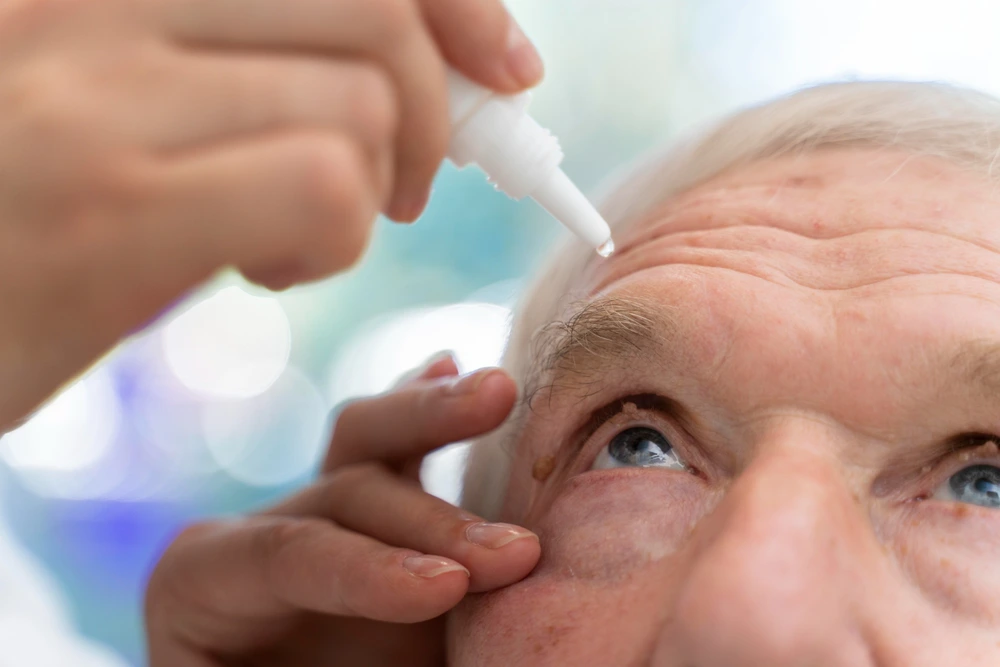The goal of treating glaucoma through surgery is to decrease the Intraocular Pressure (IOP) by either improving fluid drainage from the eye or reducing its production. Failing to treat glaucoma can result in permanent damage to the optic nerve and potential vision loss. Although there are various methods for treating glaucoma, such as eye drops and medications, there is currently no cure. Glaucoma surgery is the most efficient treatment for the condition.
If other treatments are ineffective, or if glaucoma has progressed, traditional glaucoma surgery may be recommended, and it’s important to consult with a Glaucoma specialist in Gurgaon. These surgeries create new drainage pathways or devices to lower the IOP. Traditional glaucoma surgery has a very high success rate in significantly reducing the IOP. However, there is a more extended recovery period and complex aftercare that must be followed.
Immediate Postoperative Period
The immediate period after the Glaucoma surgery is a critical phase. It is crucial to follow all the steps specified by your eye care professional and focus on your healing. During this time, proper care and attention are essential to promote optimal outcomes and minimise complications.
Here are some important points to remember –
- Monitoring and Observation – After glaucoma surgery, the eye care professional may ask you to wait in the recovery area or hospital setting for a brief period. The healthcare professionals will closely observe your condition and check vital signs to write off any immediate post-surgical complications.
- Eye Patch and Shield – The surgeon may ask you to place an eye patch or shield over the operated eye to ensure it is protected from external trauma. It is important to resist rubbing your eyes and looking at bright lights. The instructions must be followed religiously.
- Pain Management – It is normal to experience mild to moderate discomfort or pain after the glaucoma surgery. The medications prescribed by your doctor should relieve most of the discomfort. Taking the prescribed medications and communicating any severe pain or unexpected symptoms to your healthcare provider is essential.
Eye Care and Hygiene
- Avoiding Eye Strain – To boost healing and prevent complications, patients must avoid activities that strain their eyes. This includes reading, watching screens for extended periods or participating in strenuous activities.
- Administering Eye Drops and Medications – After the surgery, your surgeon will prescribe a regimen of medicines and eye drops to prevent infections and reduce discomfort. Using the medications according to the prescribed frequency and dosage is crucial.
Lifestyle Modifications During Recovery
After undergoing glaucoma surgery, certain lifestyle modifications are required to ensure a smooth recovery process.
- Avoiding Straining Activities – Activities that cause strain or exertion must be avoided to protect the eyes and promote healing. This includes heavy lifting, bending over or engaging in high-impact exercises.
- Avoiding Eye Irritants – During the recovery period, avoiding anything that may irritate or cause discomfort to your eyes is advisable. Substances like strong perfumes, dust, chemical fumes, etc., interfere with healing.
- Dietary Restrictions – While Glaucoma requires no specific diet, studies suggest that certain nutritional choices do benefit overall eye health. These include fruits, vegetables, whole grains and lean proteins.
- Stress Management – High-stress levels can also impact your overall health, including your eyes. Engaging in stress-reducing techniques such as breathing exercises helps manage stress.
Follow-up Visits and Monitoring
The surgeon will schedule follow-up appointments to keep track of recovery and monitor the progress. They will evaluate the surgical outcomes and ensure proper healing.
These appointments are an opportunity to address any concerns and queries you may have about the recovery process.
Conclusion
It is essential to understand that lifestyle changes depend on the specific type of Glaucoma and the individual needs of the patient. Maintaining contact with the eye care professional and following the recommendations ensure the best possible recovery and long-term management of Glaucoma.





